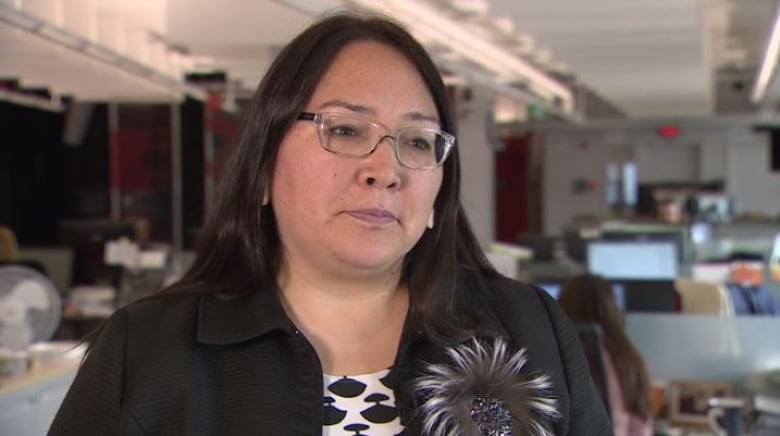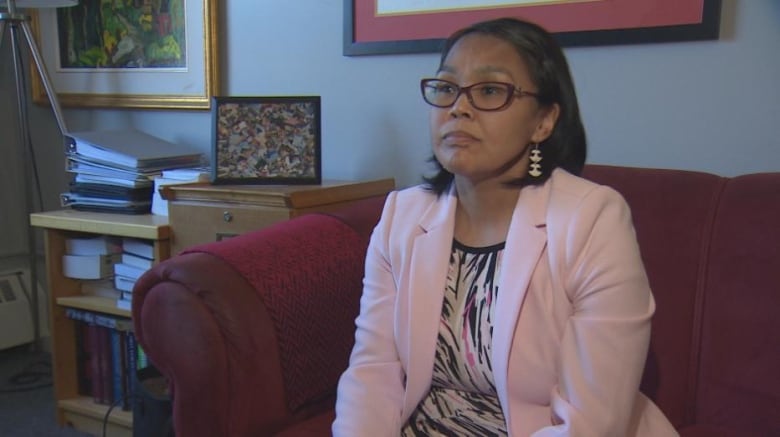Canada’s new Indigenous languages law does not protect Inuit languages, leaders say

Inuit leaders are calling on the Canadian government to make a real commitment to protect Inuit languages, saying the recently passed Indigenous Languages Act does not really do the job.
The Indigenous Languages Act, formerly known as Bill C-91, received royal assent on National Indigenous Peoples Day on Friday. It aims to “reclaim, revitalize, strengthen and maintain Indigenous languages in Canada,” according to a government news release.
The law was developed in response to recommendations from the National Truth and Reconciliation Commission and elements from the United Nations Declaration on the Rights of Indigenous Peoples. The federal government has said it adopted a “collaborative approach” with Indigenous peoples in developing the legislation.
But Nunavut Tunngavik Inc., the land-claim organization representing Inuit in Nunavut, says the legislation was not co-developed with Inuit. It says the law does not address issues around accessing public services like health care, education and justice in Indigenous languages — something Inuit have wanted to see.
Nunavut Tunngavik president Aluki Kotierk said Inuit had made it clear they wanted amendments to Bill C-91, and they had support.
“Senators were on board and understood the importance, the critical nature, of having Inuktut public services, and they suggested amendments that were then brought over to the House of Commons,” Kotierk said.
“So Bill C-91, that had all the amendments Inuit had suggested supported by the senate committee — rejected.”

It caught the attention of a group of academics and language advocates, who are now lobbying the federal government to update its Official Languages Act to grant Inuktut equal standing with English and French within Nunavut.
In an open letter to language commissioners around the world, 37 scholars and advocates argued that Canada should protect Inuktut in Nunavut the same way it protects French.
Lori Idlout, an articling law student in Iqaluit who signed the open letter, said it’s time to seek the help of international leaders “who I feel can pressure our local Canadian government to say, ‘This is what you need to do.’
“It helps us to raise awareness about the injustices that we have been experiencing to protect the Inuktitut language.”
The group cites a proposal by the Nunavut government to push the deadline for bilingual Inuktitut-English education for Grade 12 students to 2039 — 20 years past the original deadline of this year set by the 2008 Education Act. The 2019 deadline is currently suspended by an interim act.
Nunavut Tunngavik says the federal government continues to discriminate against Inuit, in part by requiring Inuktut speakers to speak English or French in order to access federal services, even though it says Inuktut speakers make up the majority of the population.
Kotierk says as it stands, the act is “symbolic” and does not include the legal measures needed to protect the languages.
Written by Donna Lee, based on a report by Jordan Konek
Related stories from around the North:
Canada: Canada’s Auditor General gives northern territory of Nunavut failing grade in supporting student career goals, CBC News
Finland: Finnish gov pulls bill to ratify convention on Indigenous peoples’ rights, Yle News
Sweden: Calls for more Indigenous protection in Sweden on Sami national day, Radio Sweden
United States: Proposed Alaska budget could cut programs to bare minimum, school district says, Alaska Public Media



